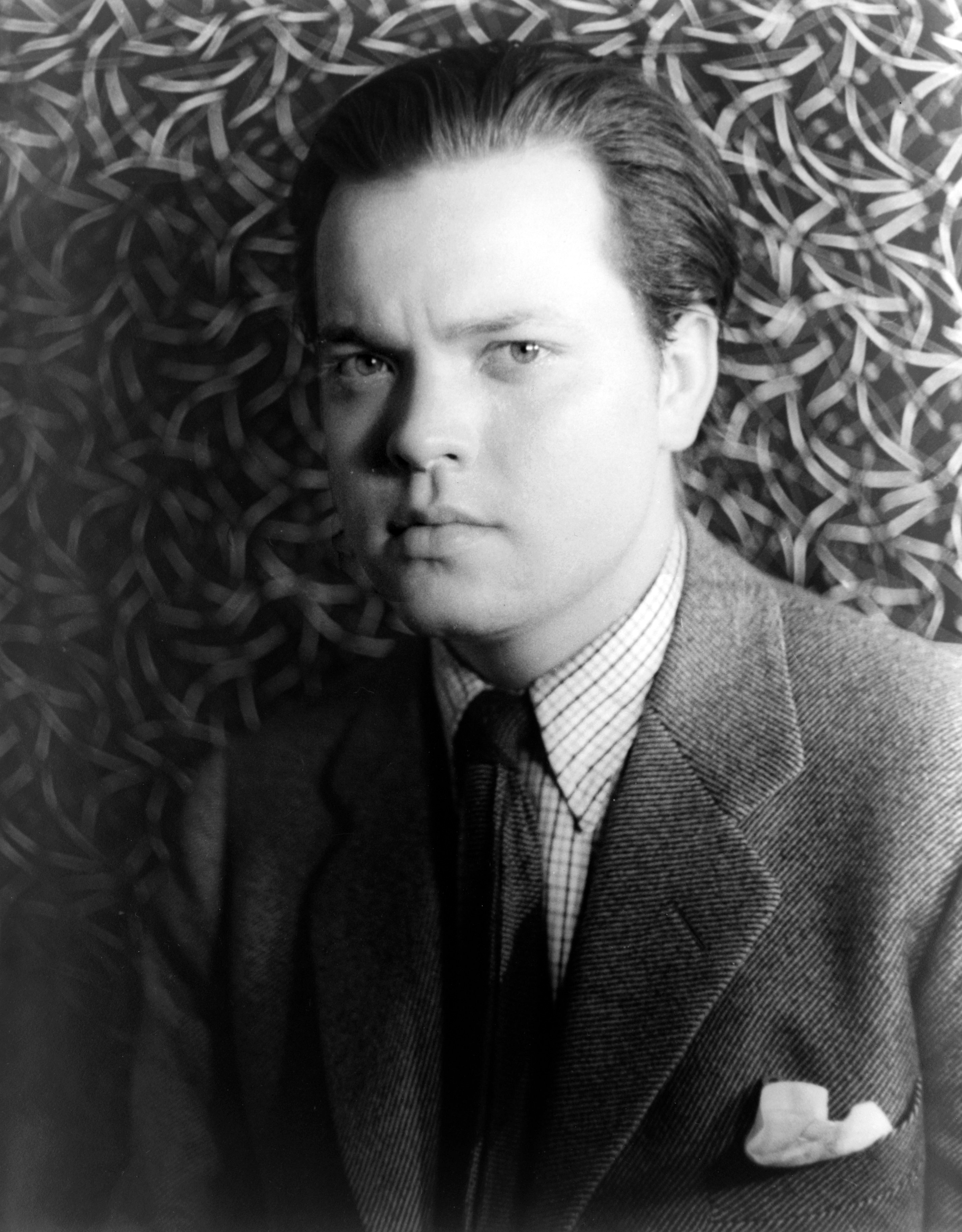Orson Welles najznámejšie citáty
Orson Welles citáty a výroky
Orson Welles: Citáty v angličtine
Quoted by Barbara Leaming, "Orson Welles: The Unfulfilled Promise". The New York Times, July 14, 1985.
“I don't regard my career as something so precious that it comes before my convictions.”
in an interview with Bernie Braden in Paris (1960), viewable here http://www.youtube.com/watch?v=ySBmuv_H_4s.
“I try to be a Christian…I don't pray really, because I don't want to bore God.”
Quoted in interview by Merv Griffin, from Frank Brady, Citizen Welles: A Biography of Orson Welles, Charles Scribner's Sons: New York, NY (1989), page 576.
“If you want a happy ending, it just depends on where you close the book!”
From the published screenplay for "The Big Brass Ring" (Santa Barbara, Calif.: Santa Teresa Press, 1987)
Varianta: If you want a happy ending, that depends, of course, on where you stop your story.
The Findus Foods "Frozen Peas" Session Out-Takes
Quoted in The Orson Welles Story.
“Men created civilization only to impress their girl friends”
Attributed to Welles in Ebony magazine (August 1977) https://books.google.com/books?id=08sDAAAAMBAJ&q=%22men+created+civilization%22#v=snippet&q=%22men%20created%20civilization%22&f=false.
Disputed quotes
The on-air statement he gave at the end of "The War of the Worlds" broadcast, October 30, 1938.
“It isn't worth it. No money is worth this… [walks out].”
The Findus Foods "Frozen Peas" Session Out-Takes
“Race hate isn't human nature; race hate is the abandonment of human nature.”
Orson Welles, "Race hate must be outlawed" (an editorial), Free World (July, 1944). http://www.wellesnet.com/orson-welles-race-hate-must-outlawed/
Zdroj: [Higham, Charles, Orson Welles: The Rise and Fall of an American Genius, St. Martin's Press, New York, NY, 1985, 216, 0-312-31280-6, https://books.google.com/books?id=pJBlaIC-VG4C&lpg=PA216&dq=%22race%20hate%20isn't%20human%20nature%22&pg=PA216#v=onepage&q=%22race%20hate%20isn't%20human%20nature%22&f=false]
“An audience is not so much a complement to an actor's ego, as a challenge to his capacities.”
Welles, speaking in an episode of Orson Welles Sketch-book
